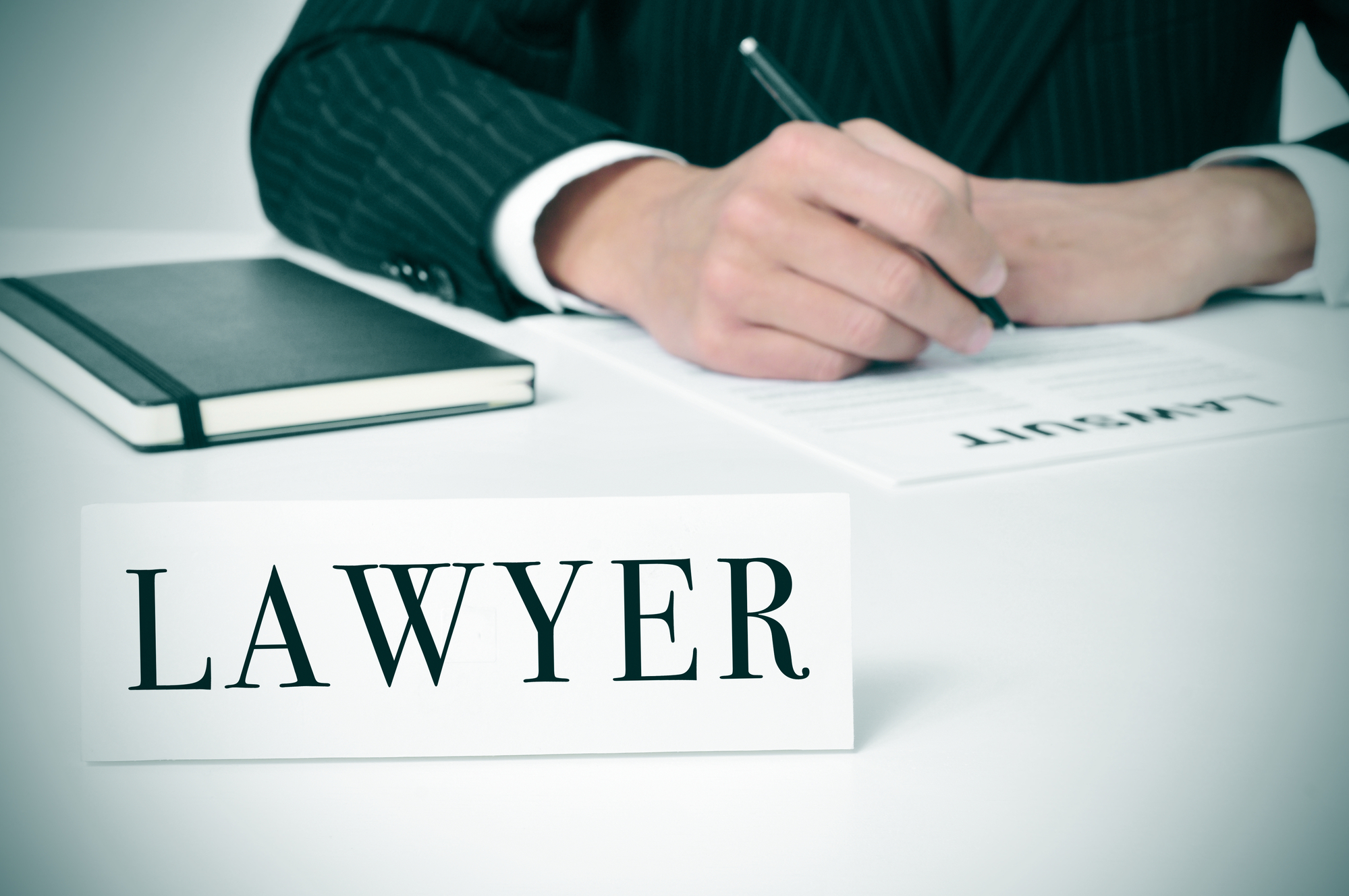Now Reading: 5 Things You’ll Want to See from Your Long-Term Disability Lawyer
-
01
5 Things You’ll Want to See from Your Long-Term Disability Lawyer

5 Things You’ll Want to See from Your Long-Term Disability Lawyer
Are you familiar with the term “long-term disability?” Long-term disability payments come to you if you injure yourself or get sick, and you need to start getting payments through the social security system to support yourself. The way you are eligible for long-term disability payments is if you worked long enough at a job so that you can now receive those payments.
There are short-term disability payments that you can get through social security if you are going to recover from your injury or illness at some point. If you need the long-term variety, that means you’re probably not going to recover and resume working.
It can be critical that you receive long-term disability payments because, without them, you will not be able to pay your rent or mortgage. You will not be able to pay for food, utilities, etc. However, it’s possible that the social security program might turn you down for these long-term payments, and that’s when you need to contact a long-term disability lawyer.
When you do, you should make sure that they have some particular qualities. Let’s talk about what you should expect from your long-term disability lawyer.
They Should Know All About the Social Security System
The social security system has a structure that can be difficult to navigate if you have no prior experience with it. You will probably learn that firsthand if you develop a serious illness or injure yourself. It can bewilder you as you try to navigate the system to get those monthly payments you so badly need.
The lawyer you hire to fight on your behalf should know all about the social security system and its various bylaws. If you hire an attorney who does not know very much about this system and is only now starting to learn its ins and outs, that won’t benefit you at all.
They Should Know About Fighting Insurance Companies that Refuse to Pay
If you injure yourself or develop a serious illness, you might also try to collect money from the company for which you worked. In some instances, you can receive financial compensation through your company’s disability insurance.
Most businesses need to carry disability insurance. If they don’t have it, the government can fine them steeply. However, the insurance companies that businesses use are for-profit entities, and they will often try to fight a long-term disability claim.
Because of this, the lawyer you hire shouldn’t just have experience getting money for their clients from the social security system. They should also know how to go after an insurance company in court so that you can get the benefits to which the policy entitles you.
They Should Have a Payment Structure that Works for You
The lawyer you hire will not work for free. They might be willing to work on a contingency basis, though. This means you don’t have to pay them anything until they win your case and you start receiving your long-term disability payments.
You need to hire a lawyer who allows you to set up a payment plan that you can tolerate. If they will only take you on as a client if you pay them something upfront, and you don’t have any money, that’s not a working relationship that can benefit you.
They Should Sympathize with What You’re Experiencing
If the lawyer you talk to about your long-term disability problem doesn’t take the time to listen to you, and it’s obvious that they don’t care, you should probably find someone else. It’s true that you’re paying this person, so it’s not like they’re a friend or relative. Still, they should demonstrate some compassion for what you’re experiencing.
If the attorney you speak to seems cold and unfeeling, you can always go to someone else. You have no obligation to hire them, and if they don’t seem invested in your best interest, there are always going to be other options.
They Need to Be Close Enough that You Can Get to Them
You also need to hire a lawyer who is close enough geographically that you can reach them without too much trouble. If you find what seems to be the perfect lawyer, but they are many miles away, look for someone else.
You have to be able to reach your attorney when you need to talk to them in person. If they are a couple of towns over, you should locate someone suitable who is also closer.









